.webp)
© History Oasis
Note: Walter retained the Chairman role when Clark became CEO in April 2006, and both retired in September 2008 when Barrett took over. Kaufmann assumed the CEO role in January 2018 after serving as CFO, and Hollar became CEO in September 2022 after serving as CFO since May 2020.
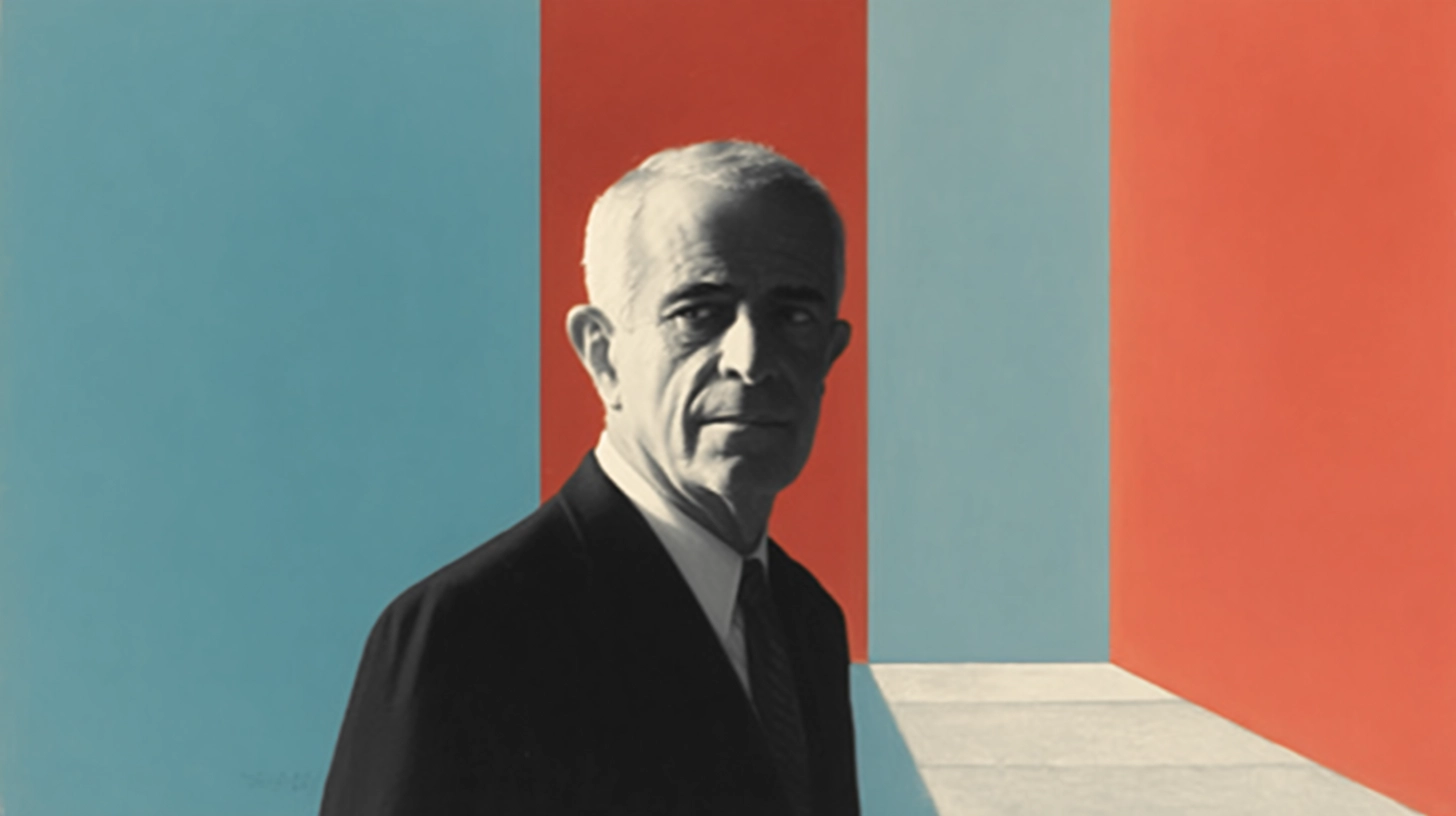
1971-2006
Robert Walter was 26 when he bought a small Ohio food wholesaler. He started distributing groceries, but the real money was in pharmaceuticals. After acquiring Bailey Drug Company in 1979, he sold off the food business and went all-in on drugs by 1988.
What made Walter exceptional was his appetite for deals. Between 1983 and 2001, he bought over 100 companies; so many, he called acquisition "a line of business." His strategy was simple: buy good regional drug distributors and let their managers keep running things. Sales exploded from $1.2 billion in 1991 to $8.9 billion by 1996.
Walter was competitive everywhere. He ranked among America's top five CEO golfers and was called "a superlative dealmaker" by a Harvard professor, who served on the board.
His final years brought trouble. In 2004, Cardinal restated earnings going back to 2001 after an accounting review and federal investigation. In 2006, the FDA seized 1,300 of Cardinal's infusion pumps. Walter stepped down as CEO that year, ending a 35-year run.
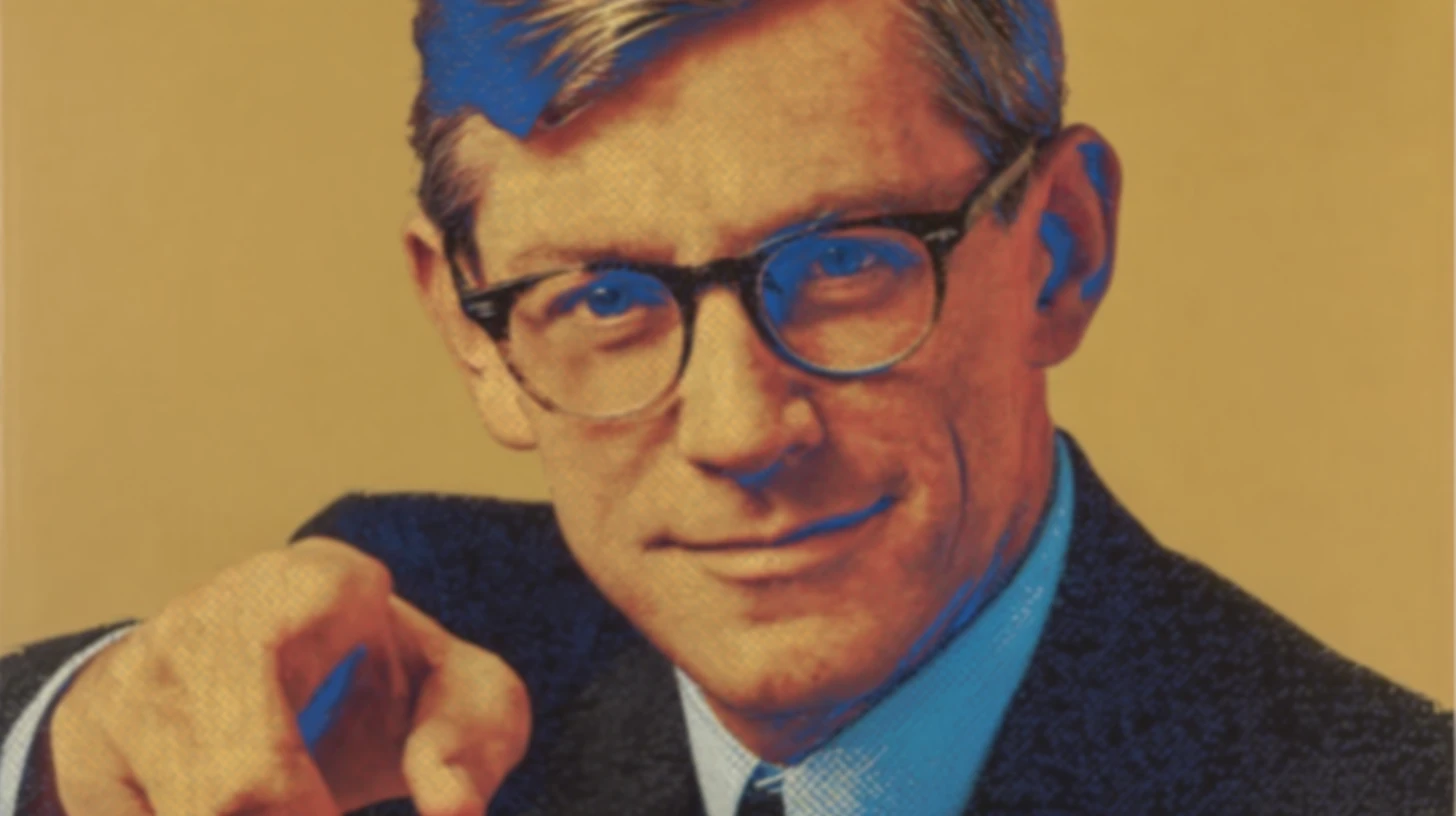
2006-2008
Kerry Clark spent 32 years at Procter & Gamble, most recently running their $20 billion Global Family Health division. Born in Ottawa to a dairy owner, he'd worked across continents. Where he led P&G operations in Japan, running Asia, and then overseeing global markets.
Cardinal's board wanted corporate discipline when they hired Clark for the top job. Clark delivered, acquiring VIASYS Healthcare, Enturia, and MedMined while recruiting experienced executives and imposing P&G's operational rigor.
But the fit never worked. Clark's tenure lasted just over two years. In September 2008, both he and founder Walter announced retirement.
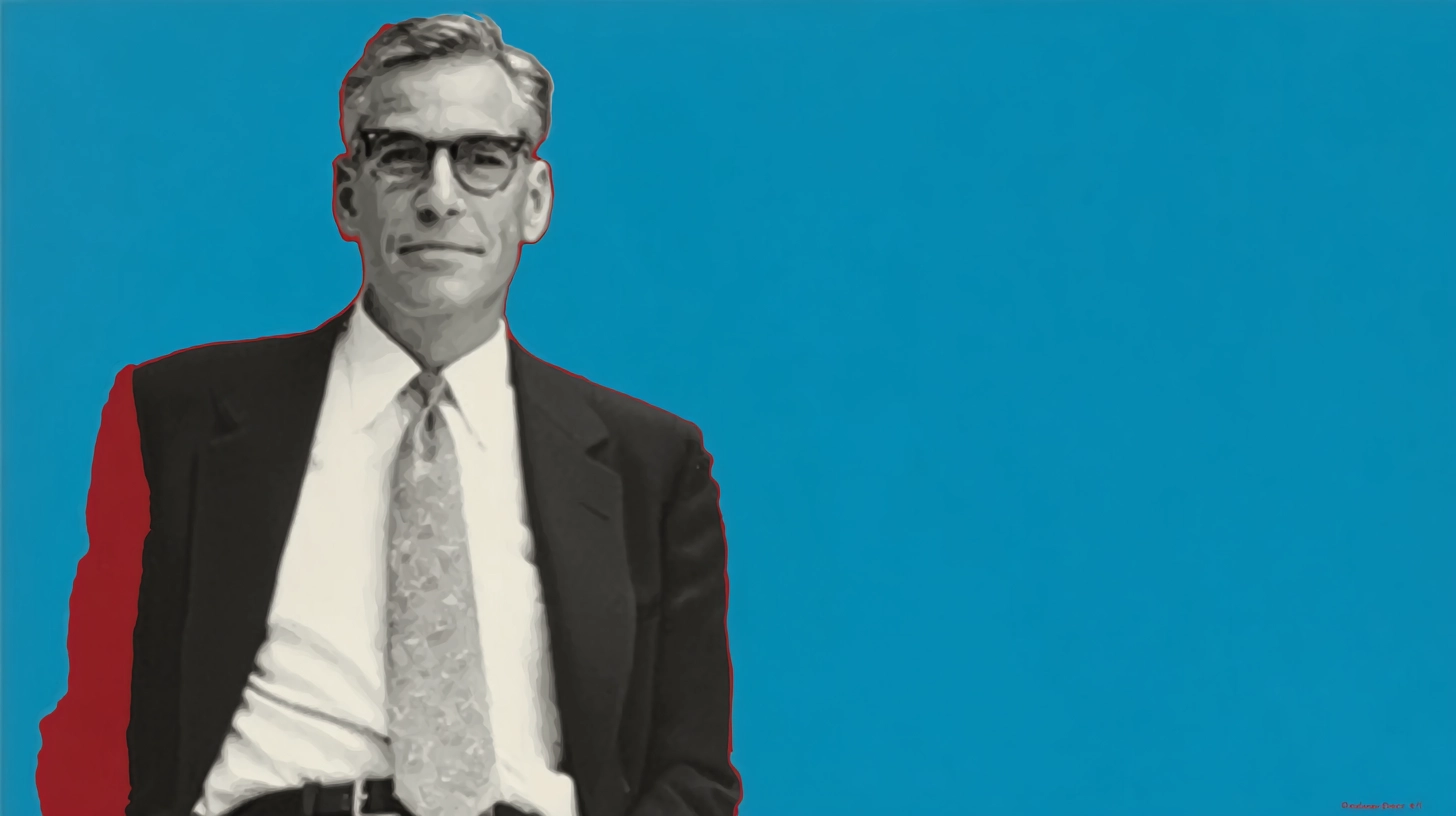
2009-2017
George Barrett didn't follow the typical path. After graduating from Brown, he taught at private schools and played music before earning an NYU MBA and joining pharmaceutical companies. He worked through dermatology and generics before running Teva's North American operations.
His first major move was spinning off Cardinal's medical device business into CareFusion in 2009. He also partnered with CVS to create Red Oak Sourcing, America's largest generic drug buyer.
Barrett brought personality to the role. He performed with his band at Cardinal conferences and later became a Rock & Roll Hall of Fame trustee. He received the Ellis Island Medal of Honor for community service.
But his tenure coincided with the opioid crisis. In 2012, the DEA suspended Cardinal's shipments to suspected pill mills. Between 2014 and 2016, Cardinal and two other distributors spent $13 million lobbying Congress to weaken DEA enforcement powers.
Barrett stepped down in 2017, became executive chairman for a year, then retired.
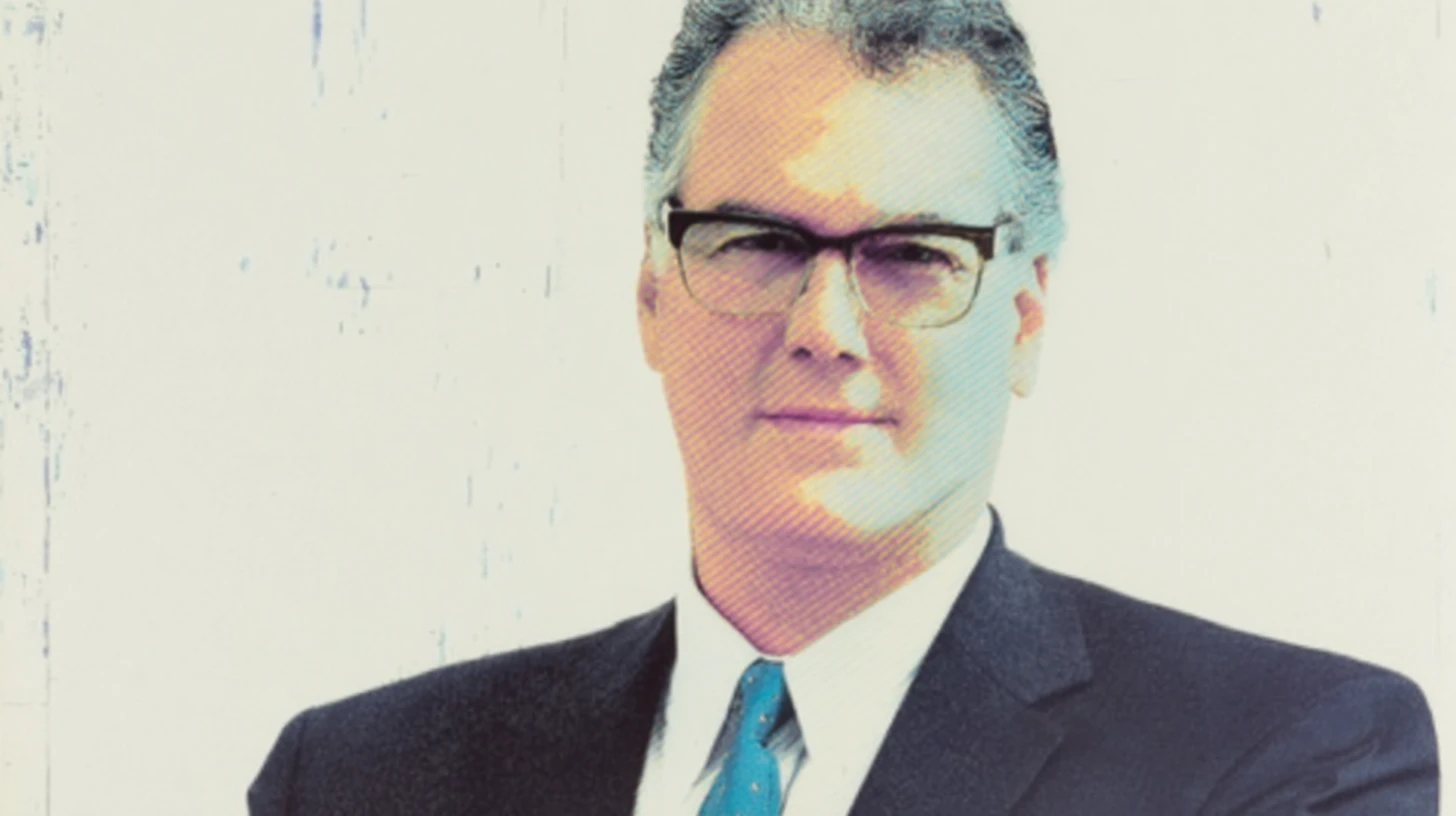
2018-2022
Mike Kaufmann joined Cardinal in 1990 as a controller after working at Arthur Andersen. Over 24 years, he touched every part of the business—operations, sourcing, sales, and finance. When Barrett needed a CFO in 2014, he chose Kaufmann.
As CFO and CEO, Kaufmann created Red Oak Sourcing with CVS and launched Fuse, Cardinal's innovation center. He championed DEI when it was still in vogue, co-sponsoring the Diversity and Inclusion Council and earning recognition from healthcare women's groups. When named CEO of the Year, he admitted feeling uncomfortable, saying he was justdoing his job.
But the opioid crisis was still in full swing and dominated his tenure. In 2019, lawsuits claimed Cardinal flooded communities with painkillers. Oklahoma's attorney general alleged Cardinal helped fuel the state's epidemic. In 2021, Cardinal agreed to pay $6.4 billion over 18 years as part of a $26 billion settlement.
The scandal was too much for Kaufmann, and he stepped down.
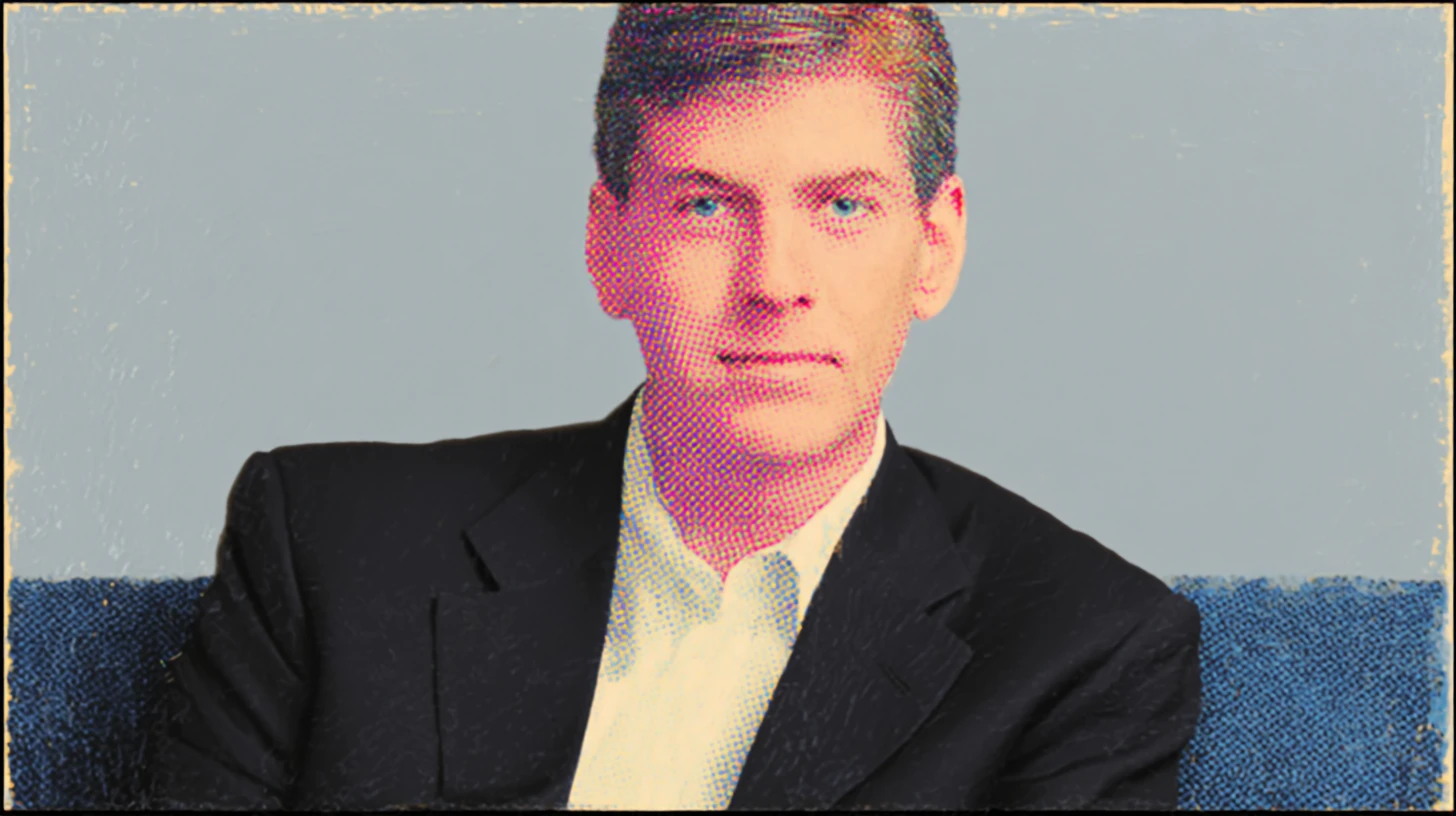
2022-Present
Jason Hollar joined as CFO in May 2020 during the COVID chaos. The company was struggling—opioid settlements loomed, business units were losing money, and operating earnings had dropped $300 million. He came from stints as CFO at Tenneco, Sears, Delphi, and Navistar.
When promoted to CEO in 2022, Hollar saw a company trying to do too much. He called his approach "ruthless prioritization." He pulled Cardinal out of multiple countries, sold non-healthcare businesses, and shut down underperforming product lines. The Medical segment, losing $16 million quarterly, got completely revamped.
Employees embraced the changes. They were tired of losing and wanted to win. Service levels improved, productivity jumped, and quality metrics strengthened. By 2024, Hollar made Cardinal's first major acquisition in years: Specialty Networks for $1.2 billion.
At 52, Hollar represents a new generation focused on operational excellence over empire-building. He's simplified the business, strengthened the balance sheet, and returned capital to shareholders.